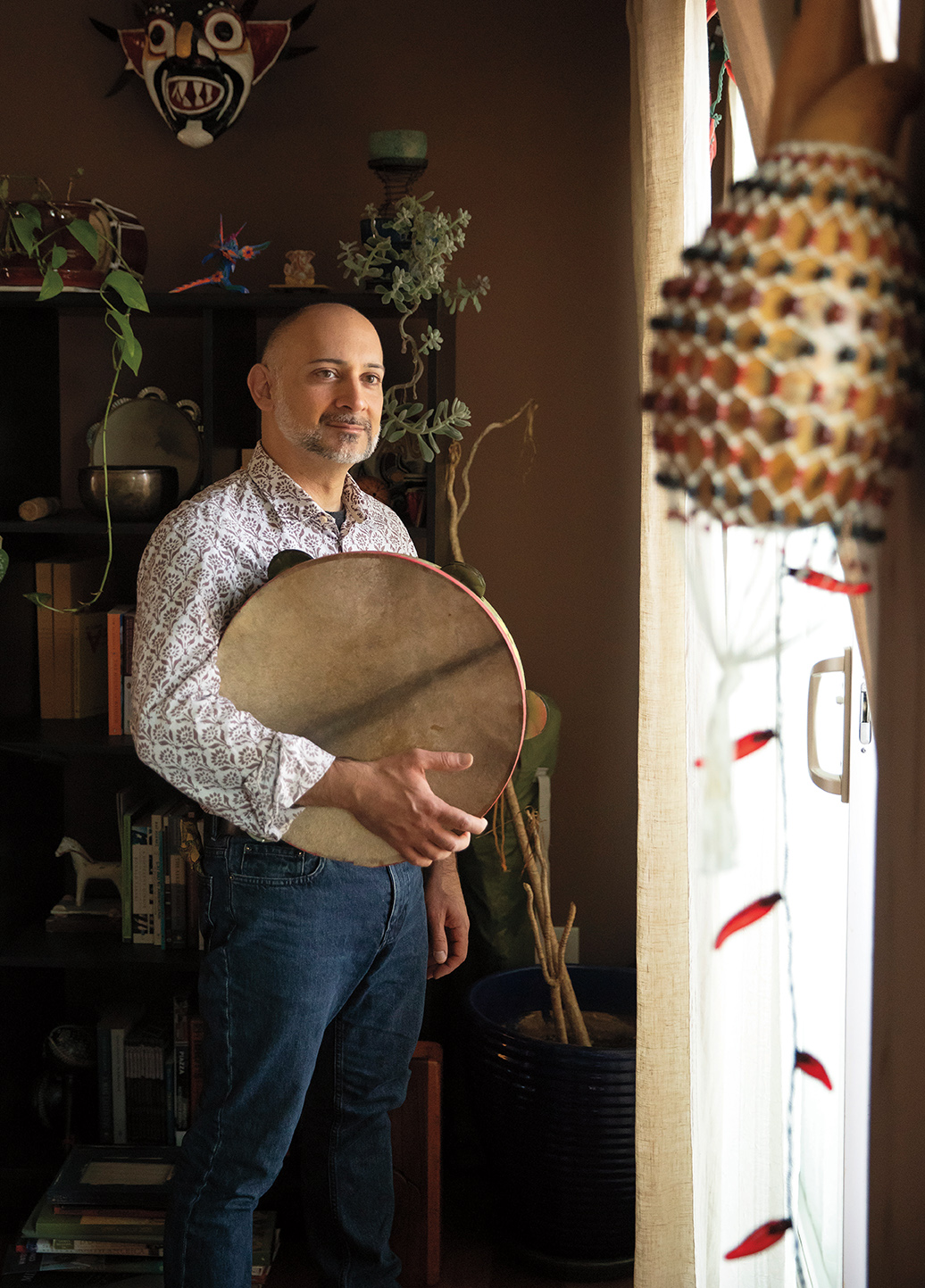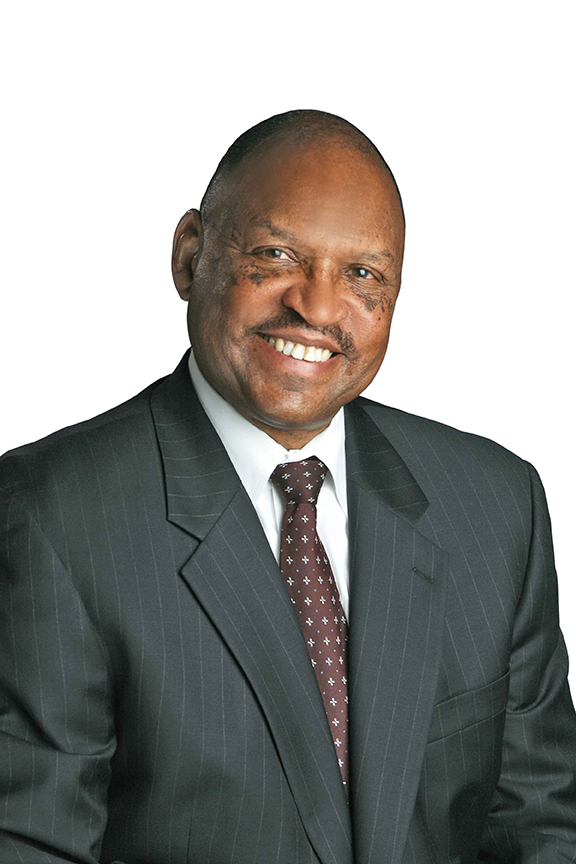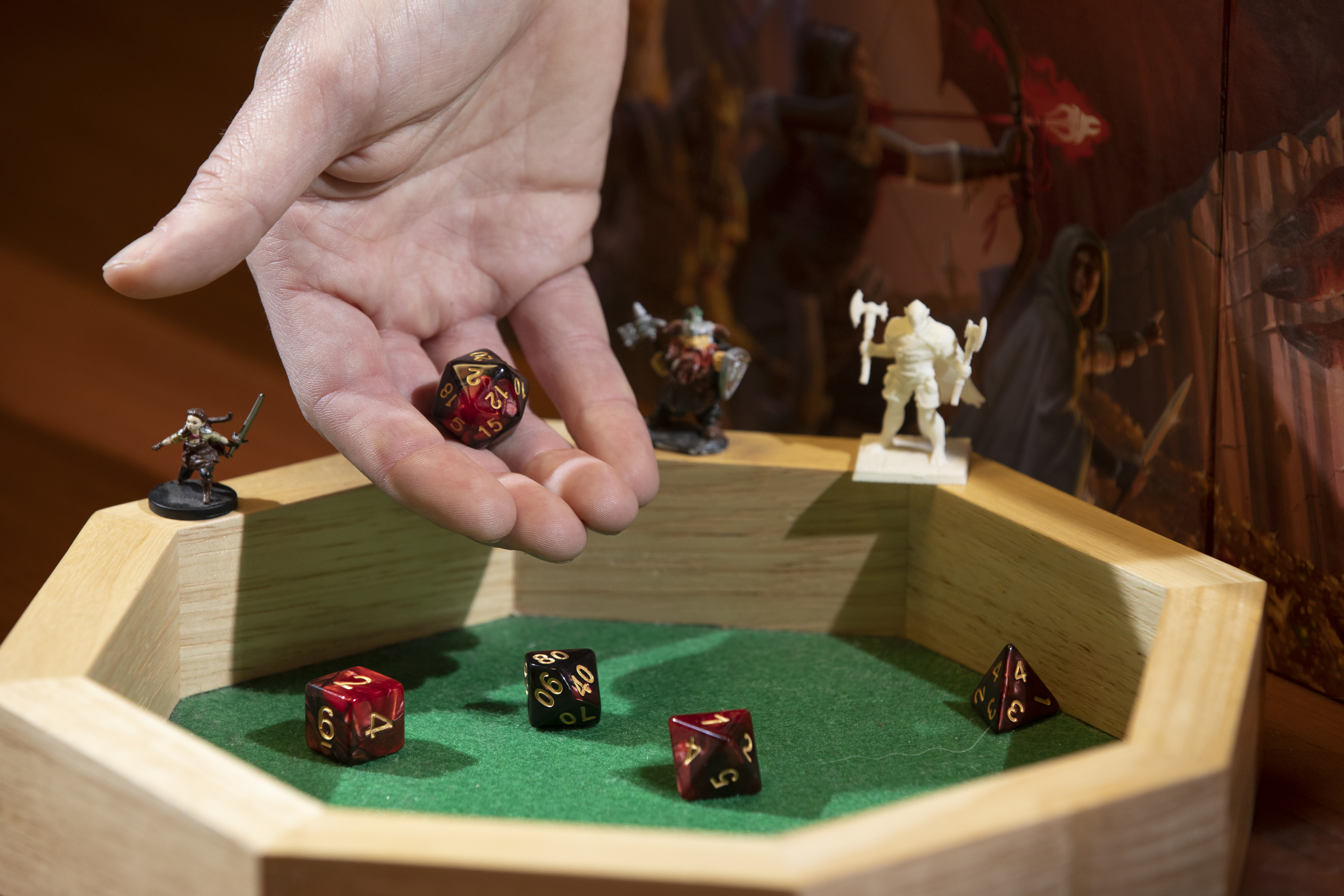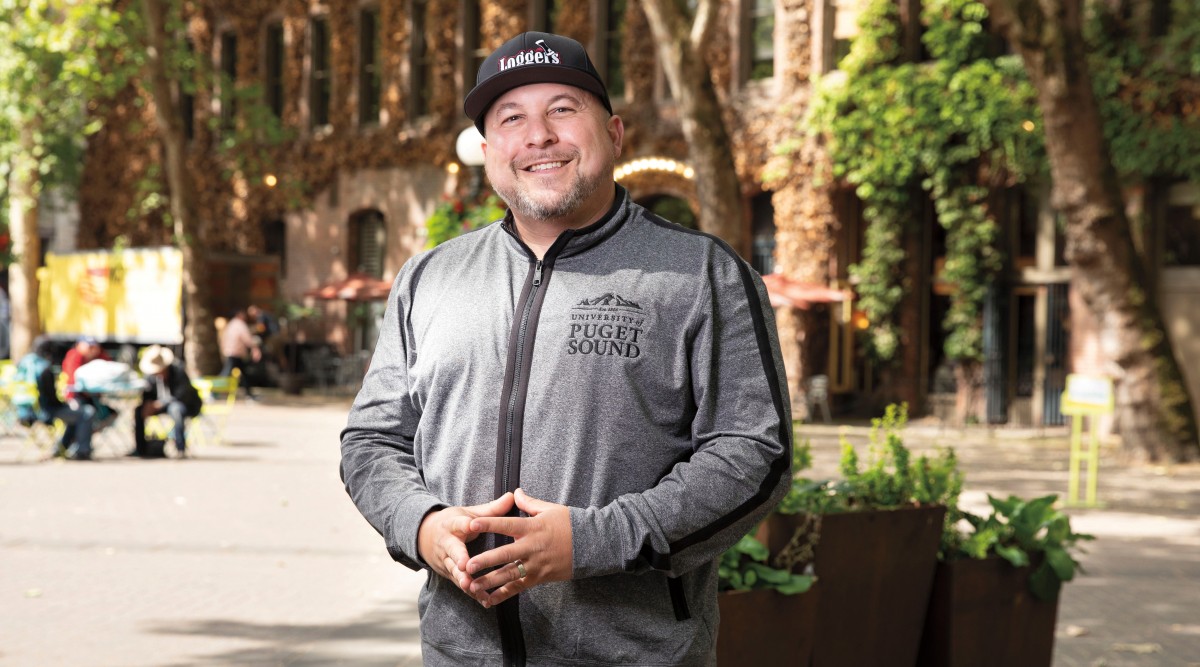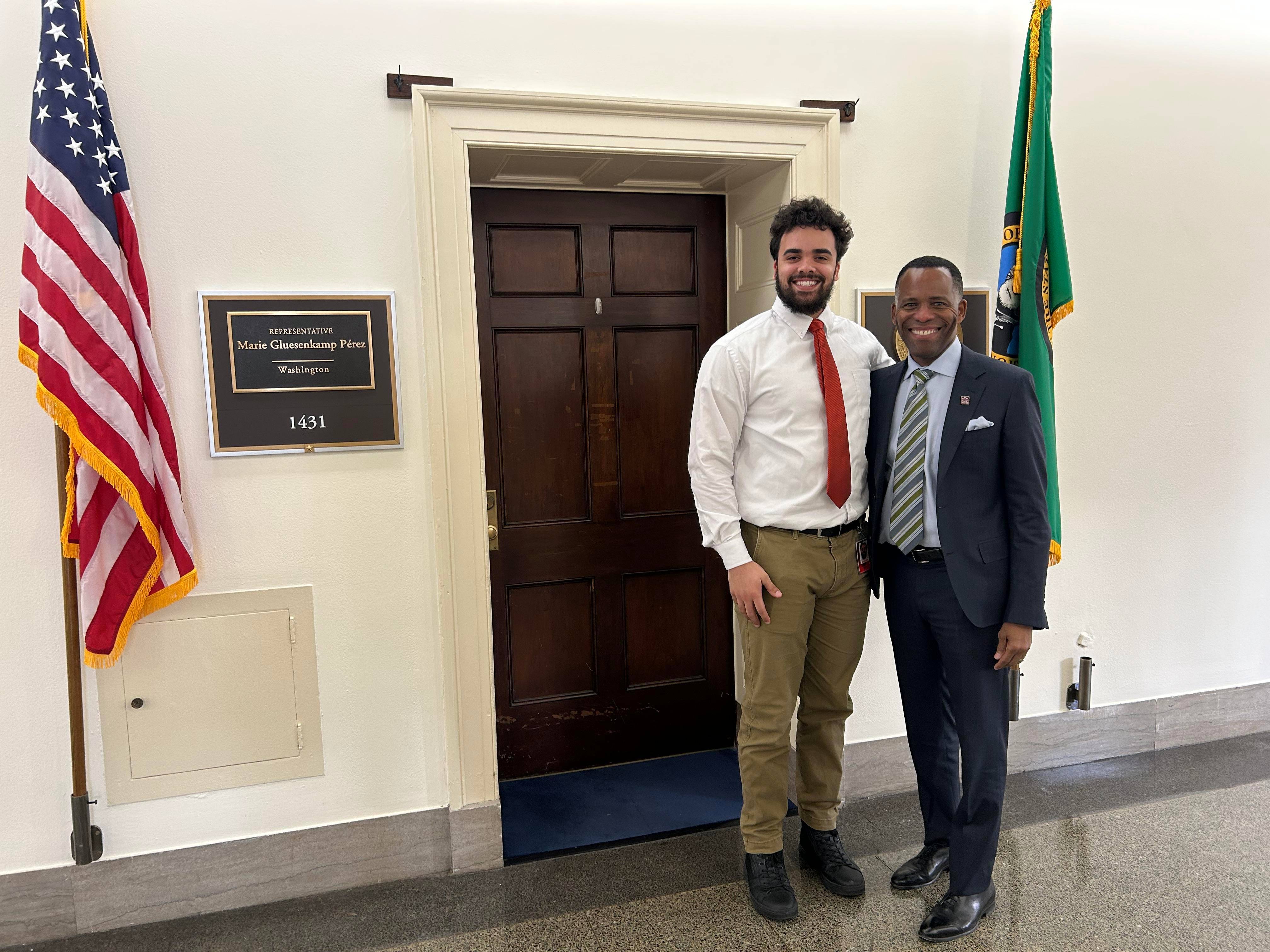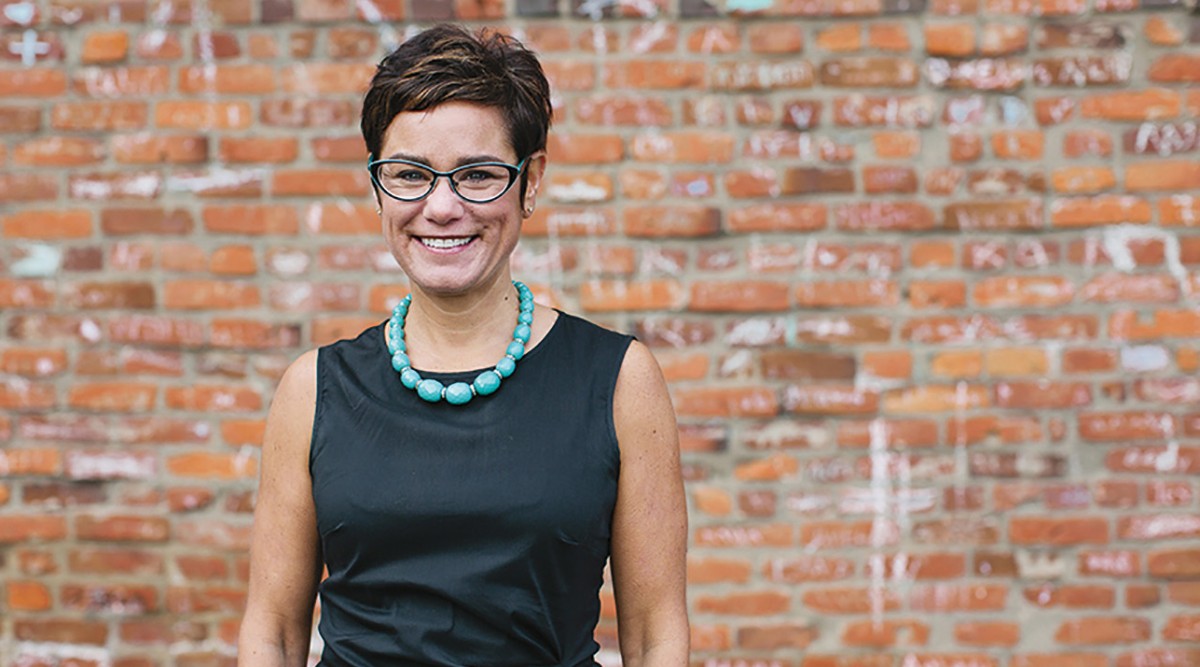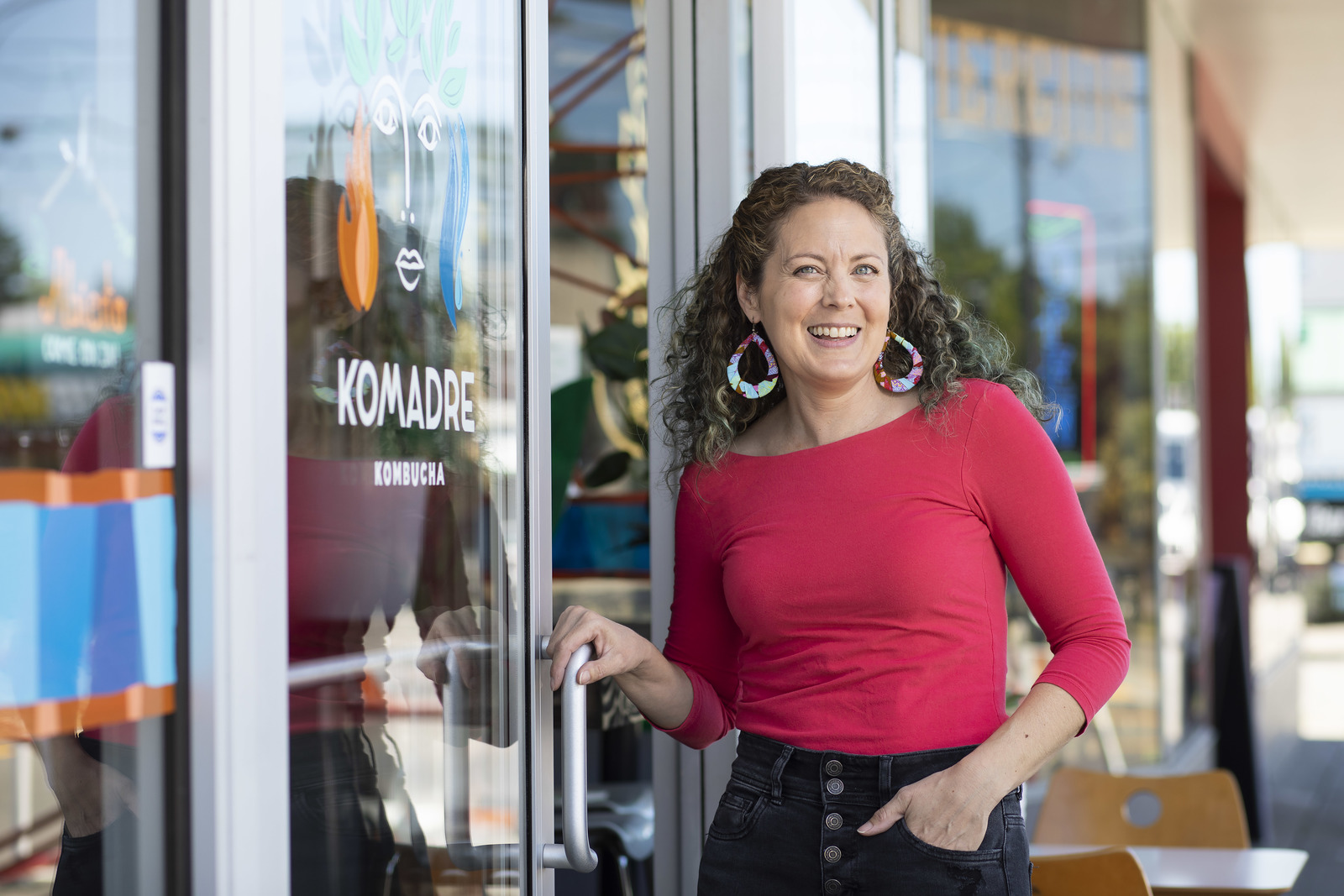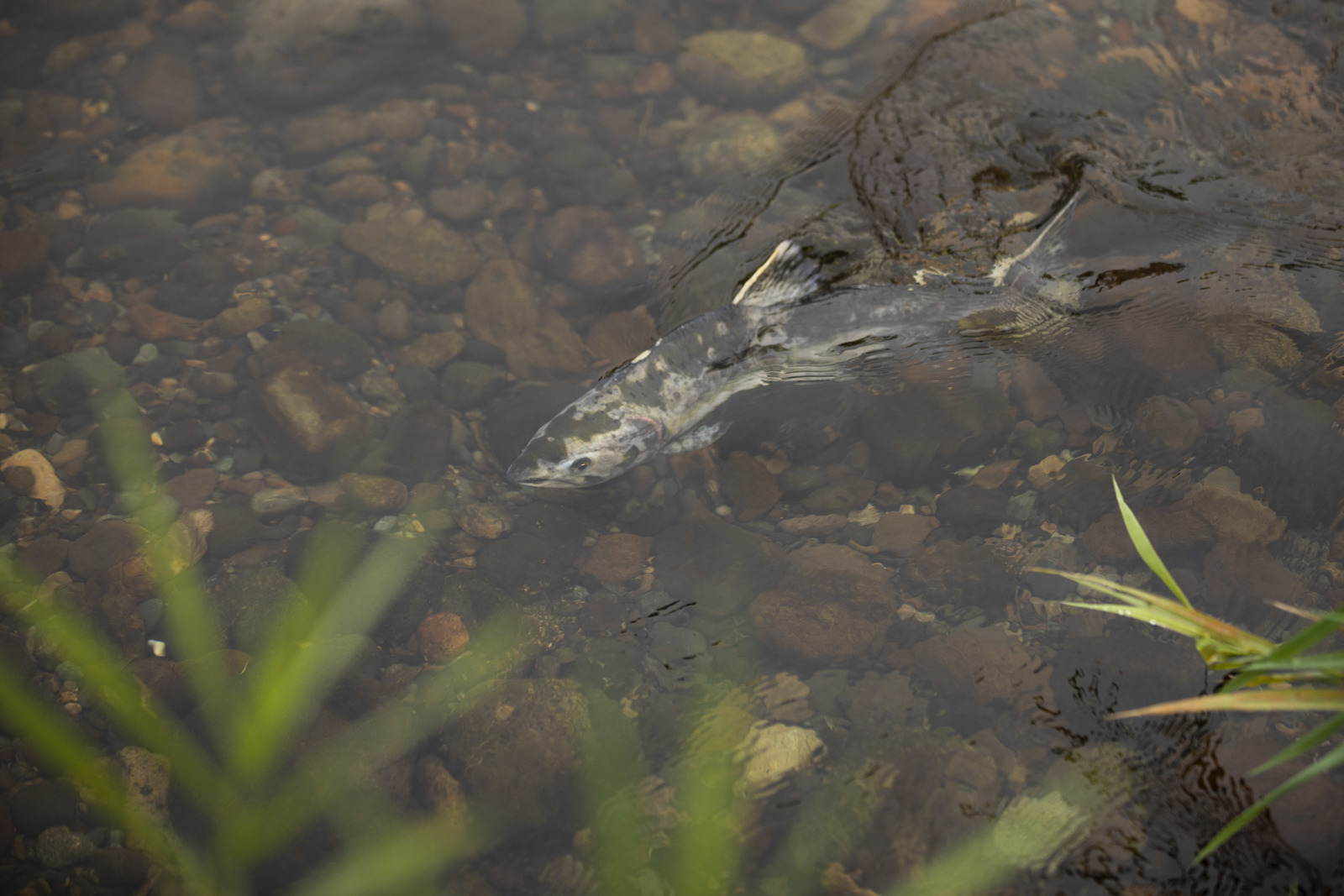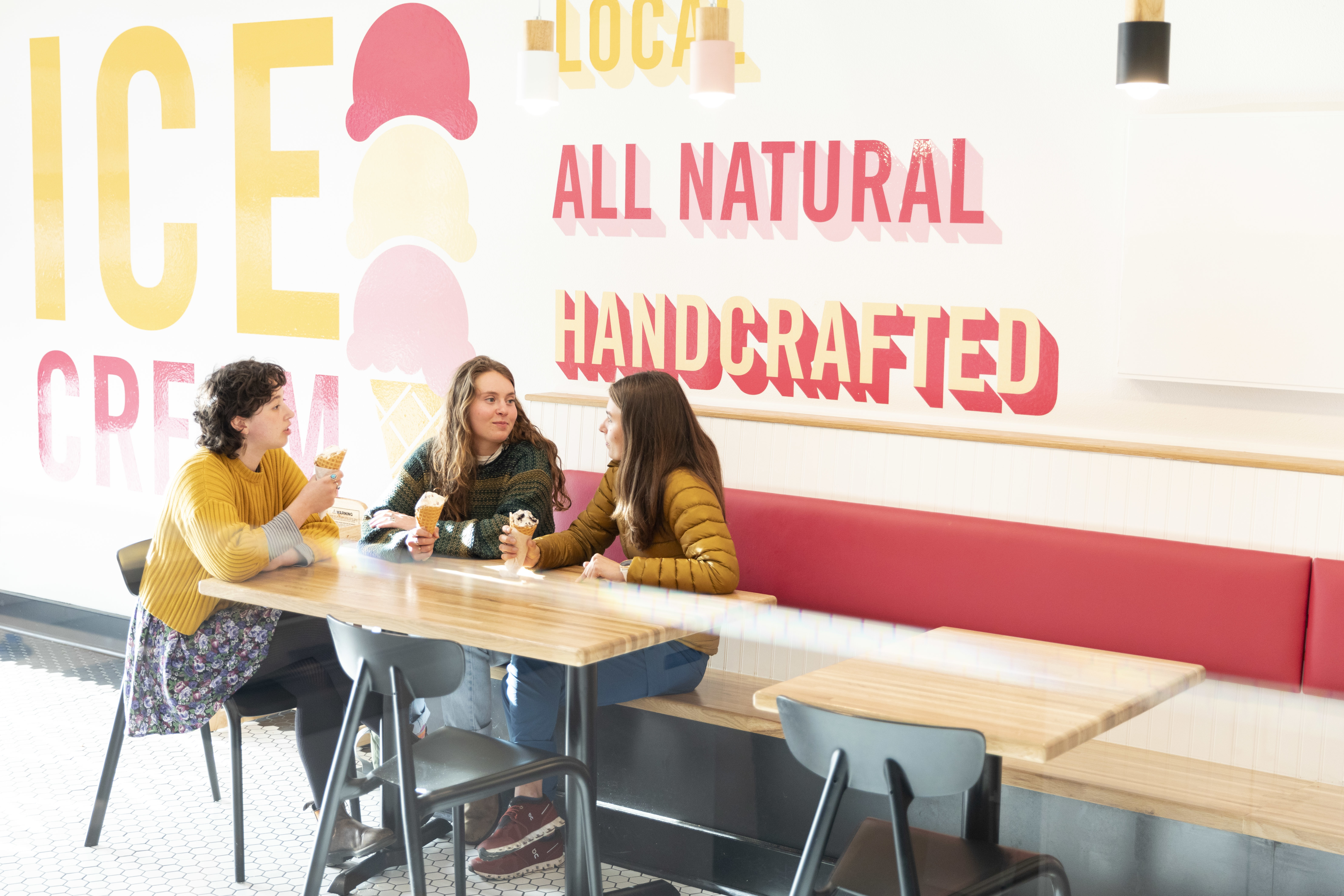The big pictures around which Gómez has built his life’s work are race, identity, and culture. Born in Texas to a Chicano activist and an Italian American VISTA volunteer, he moved with his family eight times throughout the West before he graduated high school. He dove into learning about identity as an undergrad, where he majored in comparative sociology and Spanish, and was a founding member of Puget Sound’s Latino Student Union (later known as Latinx Unidos). Advocacy for underrepresented communities has remained central to his work for the last 28 years, during which he has designed culturally diverse curricula, produced documentaries on the “opportunity gap,” and created after-school programs to connect low-income students to traditions like Mexican folkloric dance and global drumming.
Gómez is also a percussionist—it’s a passion he discovered as a child, when he was drawn to drum circles in 1970s San Francisco. He specializes in Afro-Latin, Mediterranean, and Arabic styles, and his musical projects—such as his band Trío Guadalevín—use unexpected instruments like baroque guitar, oud, harp, and riq to explore connections among Mexico, the Mediterranean, Europe, and Africa. The resulting mélange of sounds and cultures creates a passport, Gómez says, “that allows you to connect with others.”
